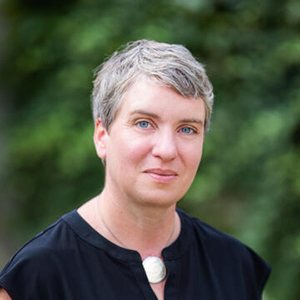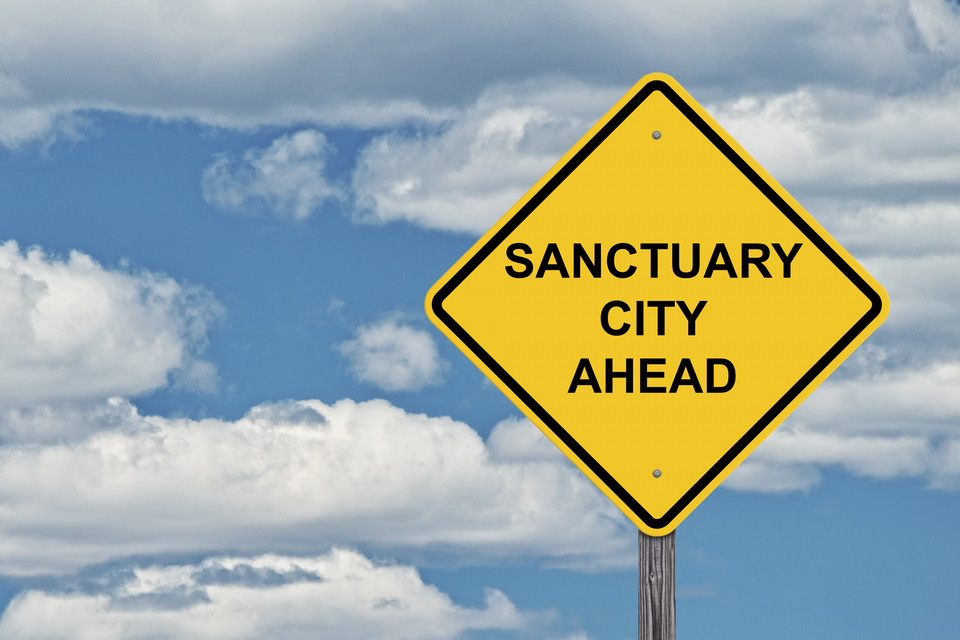Cities in Crisis Mode: Migration, Solidarity, and Citizenship in the United States and Europe.
About the Event
What should societies do to include immigrants who do not enter the country through legally predefined channels? Where national policies do not provide satisfactory solutions for dealing with irregular immigration, actors at the local level have developed strategies to improve interactions with authorities and coexistence in everyday life. Sanctuary Cities in the United States and Solidarity Cities in Europe approach the question of participation and access to rights from the city level. Often based on the activism of social movements, they change access to citizenship rights with reference, for example, to human rights. At the same time, the adoption of these discourses at the level of administrations and political actors on the city level means that "acts of citizenship" (Isin & Nielsen, 2008) are no longer the sole preserve of social movements and civil society, but increasingly involve representatives of local government. What strategies for the inclusion of the illegalized immigrants exist at the urban level? How are they transforming within the current debate? And how do they depend on different legal and administrative frameworks, access to social participation, and constructions of belonging? By comparing cases from the U.S. and Europe, the talk addressed the phenomenon and its significance against the backdrop of the current politicization of migration.
About the Speaker
 Catharina Peeck-Ho is a John F. Kennedy Memorial Fellow at the Minda de Gunzburg Center for European Studies, Harvard University. Based at the University of Oldenburg, Germany, her research interests include citizenship and migration, sociological theories, and qualitative methods. The current project examines local strategies for dealing with irregular migration in the United States and Europe.
Catharina Peeck-Ho is a John F. Kennedy Memorial Fellow at the Minda de Gunzburg Center for European Studies, Harvard University. Based at the University of Oldenburg, Germany, her research interests include citizenship and migration, sociological theories, and qualitative methods. The current project examines local strategies for dealing with irregular migration in the United States and Europe.
